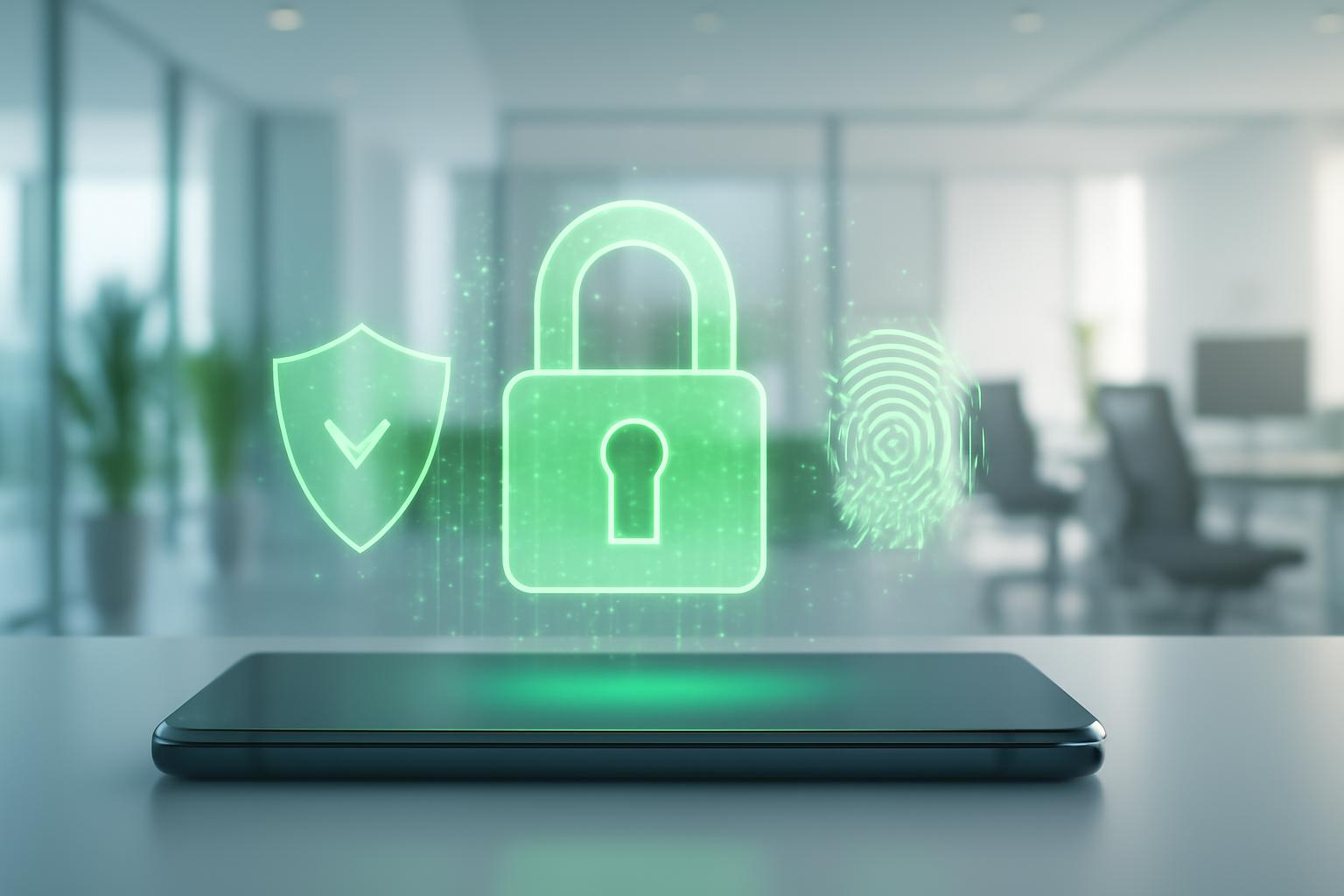WhatsApp Introduces Passkey Support for Encrypted Backups
WhatsApp has announced a significant upgrade to its encrypted backup system by integrating passkey authentication. This enhancement allows users to access their end-to-end encrypted backups using biometric methods such as fingerprint or facial recognition, or the screen lock code from their previous device.
Background: Evolution of WhatsApp Backup Encryption
Historically, WhatsApp backups lacked encryption, exposing chat histories to potential risks. In 2021, Meta introduced end-to-end encryption for backups, secured either by user-defined passwords or lengthy 64-character encryption keys. While this dramatically improved security, it presented a challenge: users needed to remember complex passwords or retain encryption keys to restore their backups successfully.
Passkey Authentication: Simplifying Secure Access
The new passkey feature addresses the usability barrier by removing the need to recall passwords or encryption keys. Instead, users can authenticate using biometric data or device lock credentials, streamlining the backup restoration process without compromising security.
“With passkeys, you don’t need to look for the password or the key,” a WhatsApp spokesperson explained, highlighting the convenience and security balance this feature brings.
Rollout and User Activation
The passkey-enabled encrypted backup feature is slated for gradual release worldwide over the next several weeks and months. Users should monitor their app updates to access this functionality once available.
- To enable, navigate to Settings > Chats > Chat Backup > End-to-End Encrypted Backup.
- Check for the option to use passkeys and activate it to secure your backups.
FinOracleAI — Market View
WhatsApp’s introduction of passkey support for encrypted backups marks a pivotal advancement in mobile data security, enhancing user convenience while maintaining robust protection. This improvement aligns with broader industry trends favoring biometric authentication over traditional password systems.
- Opportunities: Increased user adoption of encrypted backups due to simplified access; stronger security posture for WhatsApp’s vast user base; potential influence on industry standards for backup authentication.
- Risks: Dependence on biometric or device security mechanisms may pose challenges if devices are compromised; gradual rollout could delay benefits for some users.
Impact: This feature is expected to positively influence user trust and engagement by balancing security with ease of use, reinforcing WhatsApp’s position as a leader in secure messaging.













